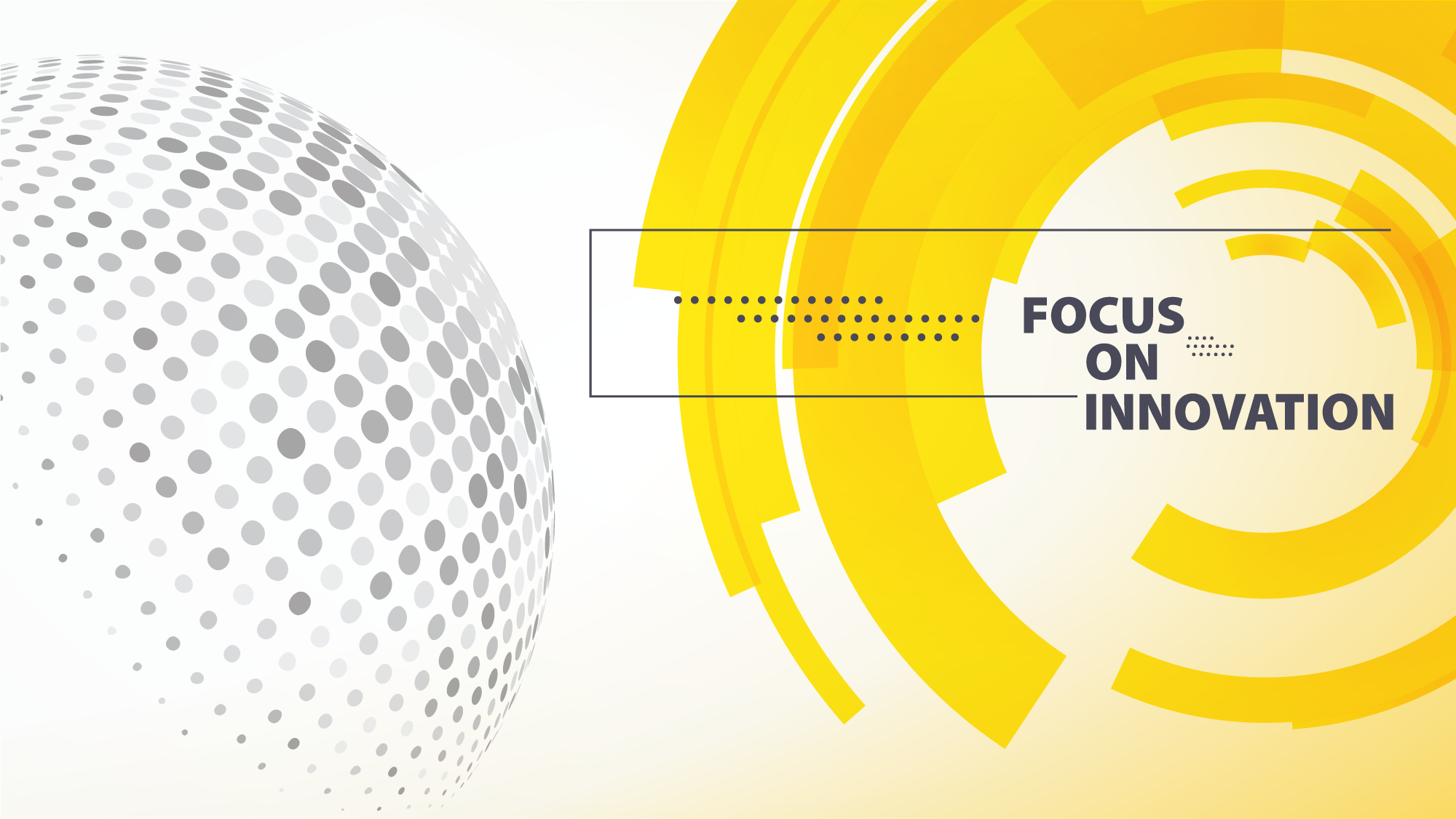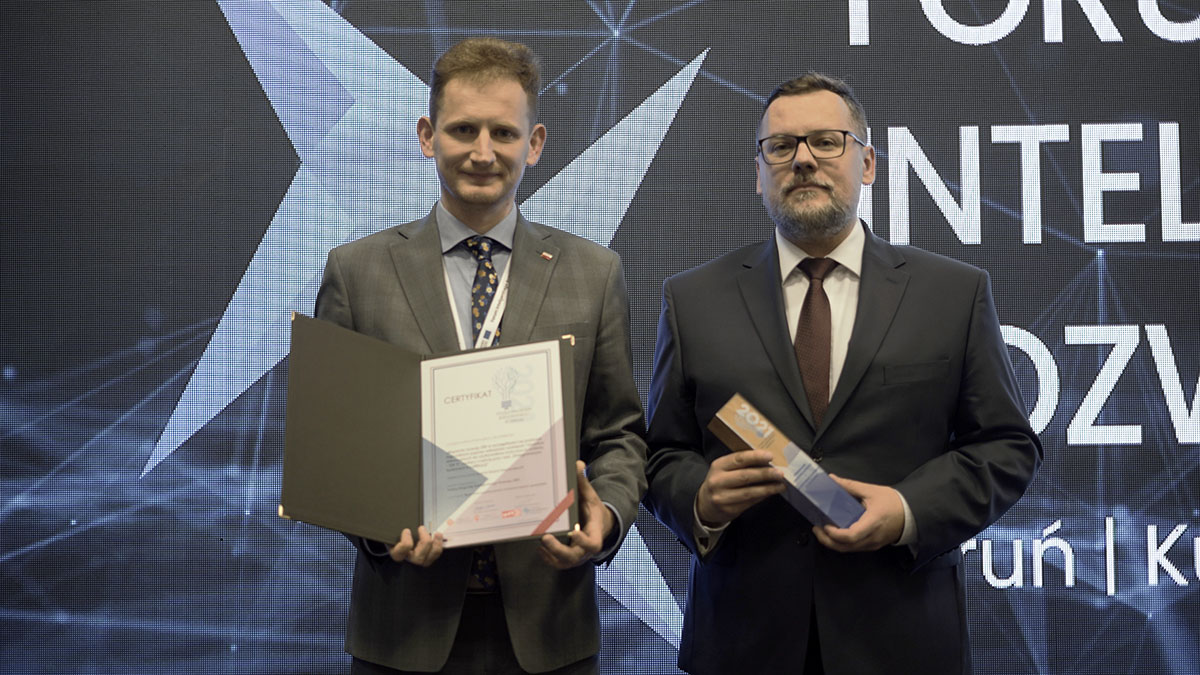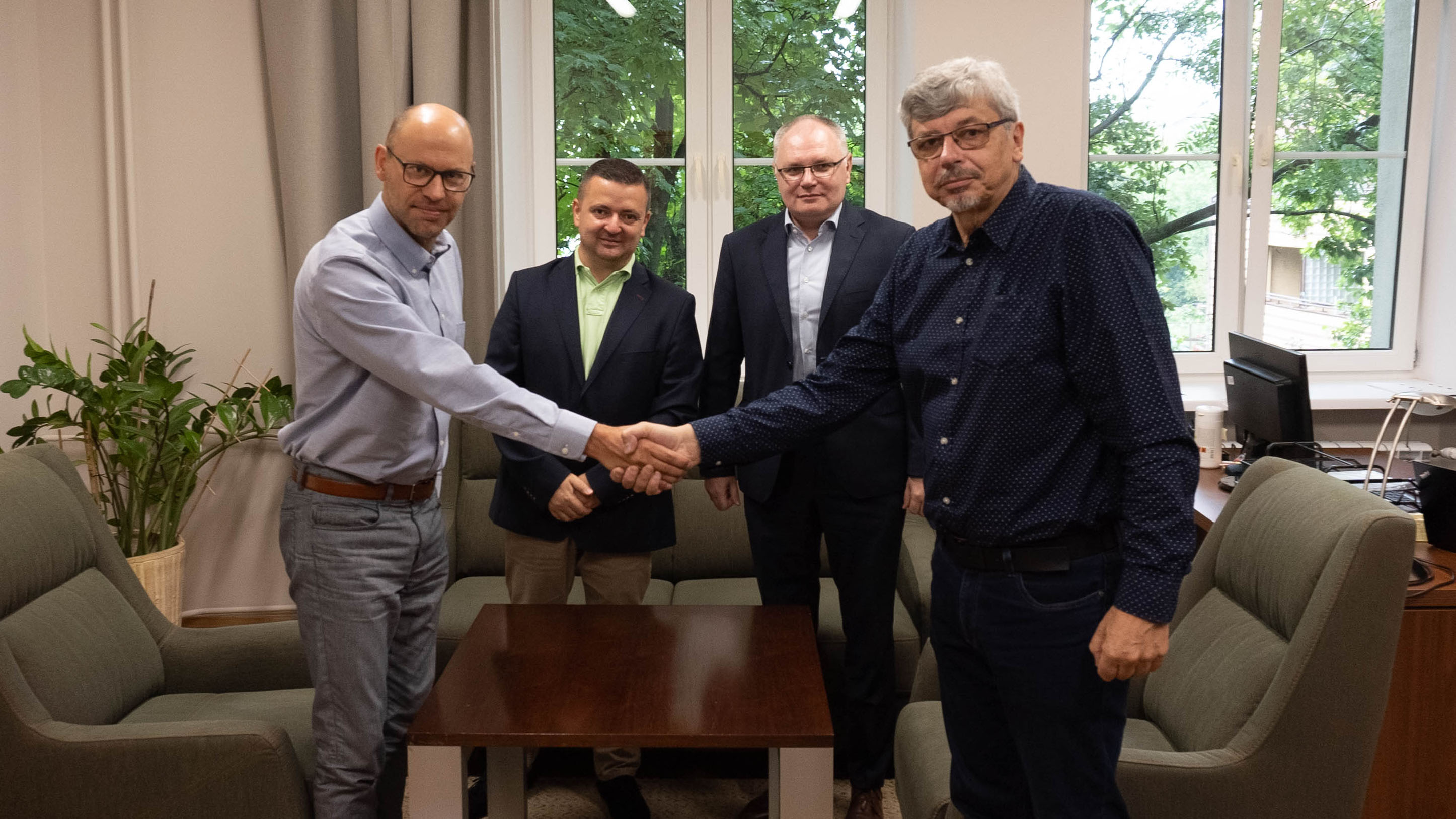IBE receives a 2021 Polish Intelligent Development Award
The 2021 Polish Intelligent Development Awards were presented at the Intelligent Development Forum in Toruń. The Educational Research Institute was awarded for its work on developing the Integrated Qualifications System in Poland.
A strong start to the new academic year with the syntheses describing qualifications
Robert Tomasz Ptaszek is the new Director of the Educational Research Institute
By the decision of the Minister of Education and Science, Przemyslaw Czarnek, Dr. Robert Tomasz Ptaszek, D.Sc. became the Director of the Educational Research Institute on August 1. A meeting was held today of the Institute’s new director with Łukasz Arendt, his predecessor.
E-learning as a permanent job? The IQS can help
Distance learning using modern technology is already a permanent reality in the world. The situation with the COVID-19 pandemic has only accelerated this process. Now it turns out that e-learning may soon become an interesting alternative also in Poland.
What happened to adults in learning during the pandemic? IBE has the answer.
During the coronavirus pandemic, education moved onto a virtual platform. The remote teaching of children and youth became a dominant topic in the public discourse. But what happened to the adults who were participating in various types of educational activities? The Educational Research Institute tried to find out.
Smartphones at school - opportunity or threat?
The smartphone is used in almost all areas of daily life, except school. Although most children and youths aged 9-17 years use their smartphone every day, few are able to recall interesting lessons using new technologies. Considering this fact, it is not surprising that students have a low appreciation of their digital competences and that their smartphone is mainly used for entertainment. In order to find a solution to this problem, the Educational Research Institute has developed a project called "Smartphones at school. Setting the rules of the game".
Polish students among the best in the world. Results of the international PISA 2018 survey are out.
Polish students are ahead of everyone but young Estonians in mathematical literacy in the European Union. In terms of reading literacy, Polish youths occupy 4th place among EU countries, and in science literacy, they are third. In all three areas included in the study, the results of Polish students are above the average for OECD countries, which places them among the world's best. The best results in the study were achieved by students from four regions of China, as well as Hong Kong, Singapore and Macao. Over 660,000 students from 79 countries and regions of the world participated in the PISA 2018 study.
Call for articles for a special issue of "Education"
You are cordially invited to send your texts on topics relating to the issues of scientific integrity and research ethics for consideration in an English-language issue of the "Education" [Edukacja] quarterly. The submission deadline is November 25, 2019.
IBE NEWS
12th meeting of IBE’s Scientific Council
- 2024-04-17









